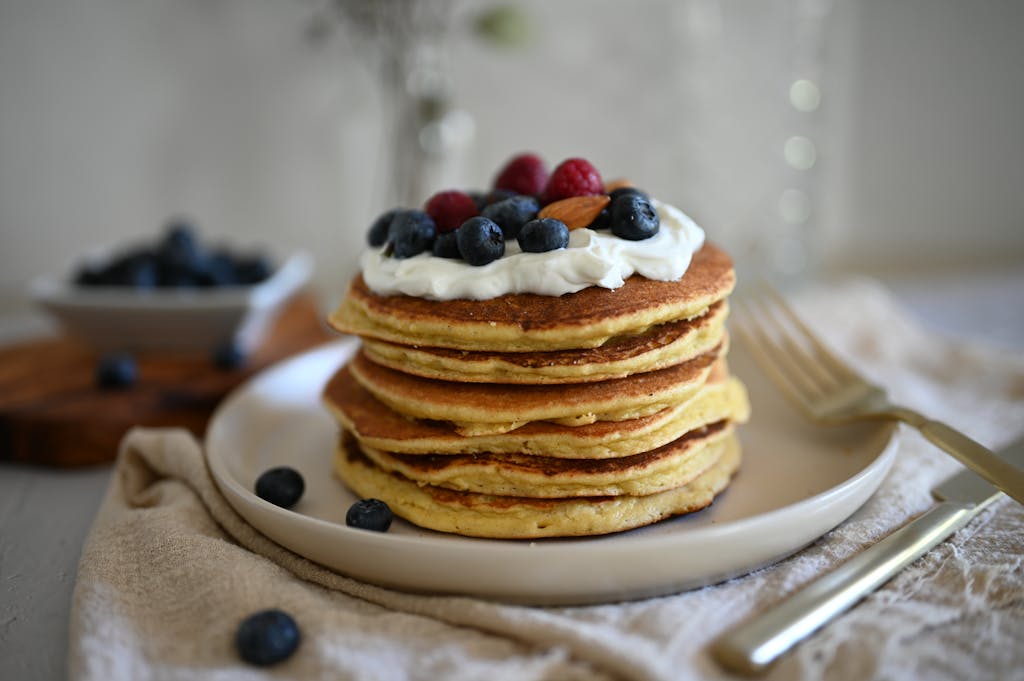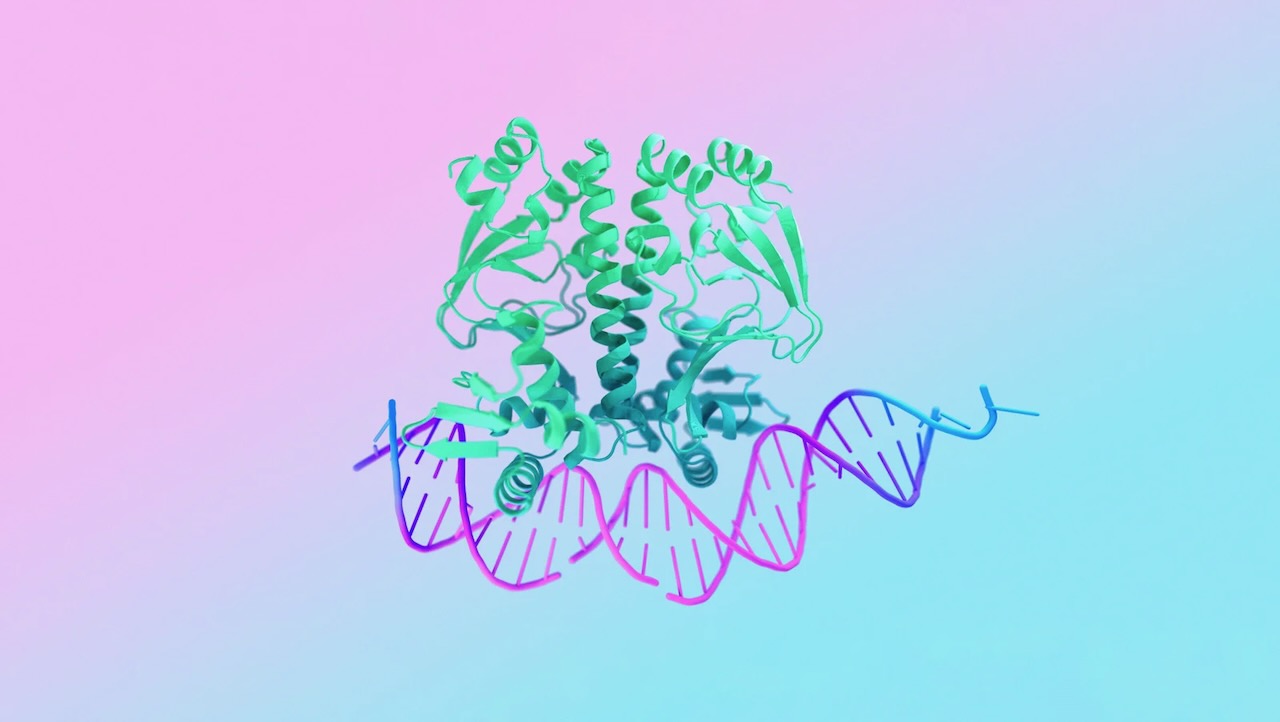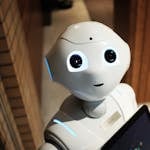Google was one of the first companies to start investing heavily in AI, well over a decade ago, they developed and released open source frameworks like TensorFlow, spent billions developing their TPU coprocessors, and acquired a cutting edge UK based AI research lab which became Google’s Deep Mind division.

Around 2014 after developing several successful “reinforcement learning” based algorithms that were super good at playing old video games and board games like Go, they redirected those algorithms (or learning models) towards more practical application like “machine vision” which allowed them to identify the subject matter in an image.
This approach is similar to the way our own brains work, you would train one of these models by feeding in a bunch of labeled data, let’s say ‘pictures of different types of animals’, then it slowly learns how to identify each type of animal by looking for patterns in the imagery on the pixel level, and finally you give it an unlabeled image and it comes back something like: “I’m 98% sure these are kittens”.

Then in 2016 they unleashed their models on science and quickly solved an 80 year old mystery related to predicting how proteins fold which they have already used successfully in the development of vaccines and in other medical research. And most recently they released the 3rd version of their AlphaFold model which they claim will be able to “predict the structure and interactions of all of life’s molecules” including RNA/DNA… no big deal. ????
What strikes me the most is how fast we get used to new technology, how quickly we start taking things for granted. I remember as a nervous young driver having to squint at street signs, or even pull over to break out a paper map to get anywhere. When the iPhone 3 came out with its GPS and better connectivity, and shortly after real-time traffic data. It completely changed everything. I could just focus on the road and follow that blue line (or listen to the turn by turn directions) and I was almost overnight a much safer driver. And now a decade later navigation seems like child’s play for computers, but if you think about how much calculation goes into just analyzing the shortest route to get anywhere at rush hour, it would probably take a team of mathematicians weeks to quantify it all out on paper and by then it wouldn’t even be relevant, yet our phone can do this in seconds, which is truly amazing if you take a step back.
Artificial Intelligence wasn’t even on the radar for most people until 2022 when OpenAI released their large language model (LLM) (Chat-GPT 3.5) which quickly became useful to many. In fact many people to this day just think that these LLMs are what AI is because they are the most public facing example of these reinforcement learning models (and they chat with us as if they were human), but the technology can and is being applied to practically everything.
This whole AI revolution thing, that is happening right now, has been going on a lot longer and is much bigger than LLMs. In technology we speak in “layers” and “stacks” a lot mostly because technologies tend to be built on top of each other. Microchips enable computers that run operating systems, which run the internet that enable your cellphones, web based media and the gig economy, a modern marvels all stacked up like pancakes… all so you can send your bestie the latest in cat memes in a millisecond.

AI will be at the top of this stack, and sort of also buttered in-between ????. AI will be the thing YOU interact with and IT will interact with all the other layers on your behalf in order to produce the results you want. It will be like having a super tech savvy computer nerd / personal assistant at your disposal… it will make those reservations, solve those computer issues, and it might even write a software program from scratch in seconds just so it can accomplish the specific task you asked it to do.
AI will open up doing high-level computer tasks and research to everyone. In a sense it is democratizing because one will no longer need to be a programmer, or have some higher education (or funding) to produce useful results. This is basically what the singularity promises, although I suspect it is going to be much harder to take for granted because it will transform every aspect of our lives… I wonder what will be normalized 10 years from now when we have actual robots in our homes that we can have full fledged conversations with… What will seem strange to us then?





